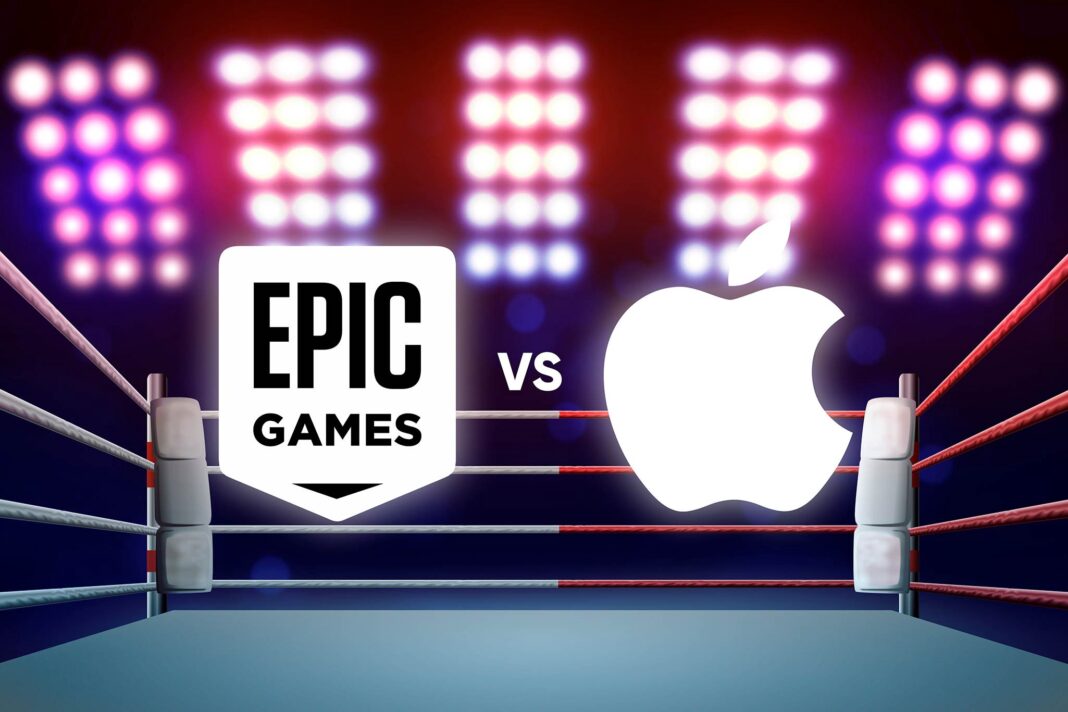Note: This post contains affiliate links, when you purchase a product or service through one of these links we may earn a commission on that sale.
Apple and Epic have been fighting over an issue for a long time; Epic argues that Apple has tight control over the iPhone applications, which hurts the competition. Apple boss Tim Cook made headlines as he went into the witness stand since the trial began. In the stand, Tim Cook’sCook’s argument for this issue was that keeping control of the App Store helps them to keep iPhones a lot more secure. He even said that he did not know if the App Store made a profit. Instead, he told the court that Apple did not break down the figures to that detail.
He was then asked about the App Store’s profit from the 30% commission it takes on every sale. To that, Cook answered that Apple does not keep a separate profit and loss statement for the App Store. He said that he could not share the exact figures with the court but had a “feeling” that it was profitable.
Tim Cook’sCook’s appearance was even more challenging when Judge Yvonne Gonzalez Rogers asked Cook about the survey that showed that 39% of the developers were unhappy with the App Store. The Apple CEO answered that he was not aware of the survey and the results might be skewed as the App Store rejected around 40% of the apps every week.
Many people might not know what this case is about. Well, let’s make it easy for you. This case revolves around two major things: first is the 30% commission that Apple takes on every in-app purchase that you make. The second problem, according to Epic, is that no other app stores are allowed to exist on the iPad or the iPhone.
Epic Games is known mainly for Fortnite as it is probably their most profitable game. Fortnite itself is free to play, but Epic makes money on the game through in-game purchases. Since millions of people play this game every day, a 30% cut on every purchase by Apple can amount to a lot of money. Epic tried to circumvent Apple’sApple’s payment method, but Apple company policy forbids it, and that is how the legal battle started.
Jn August 2020, Epic offered players a 20% discount if they paid to Epic games directly instead of going through Apple’sApple’s payment method. This angered Apple, and it quickly removed the app from its App Store.
However, Epic had expected that to happen, and they had already prepared a PR campaign to garner support from their fans. Within a few hours, Epic lodged a legal complaint in the US against both Google and Apple.
Now, the case has gone beyond the 30% cut because now Epic says that they would like to have their app store on both operating systems so that they don’t have to pay additional fees on transactions.


